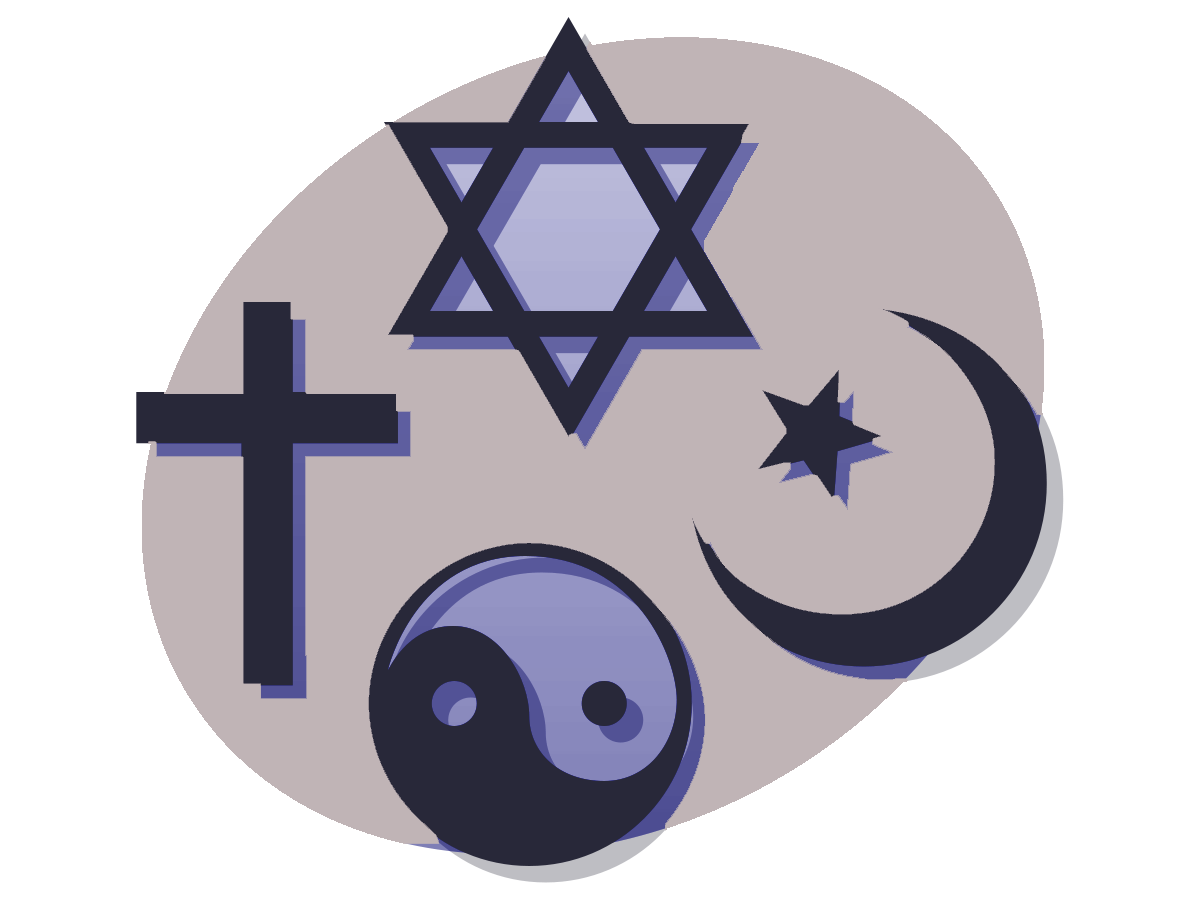Between August 23 and 29, 2019, the National Orientation Agency (NOA) in conjunction with Peace Building Development Consult organised a Leadership Course in Preventive Diplomacy and Conflict Resolution (LCPDCR) at NOA Headquarters, Abuja. Being one of the Resource Persons, my presentation centred on “Religion: Trust, Peace and Social Relations” in which I examined the implications of religion for harmonising Nigerians especially and humanity at large.
That religion is one of the problems of Nigeria is a common myth that is well believed by many Nigerians, including the supposedly educated. Yet, there is nothing in the essence of religion, which originates from a Latin word that means “obligation, bond” or a sense of “bond between human beings and the gods”, that connotes negativity.
If Merriam Webster’s Unabridged Dictionary defines religion as “the personal commitment to and serving of God or a god with worshipful devotion, conduct in accord with divine commands especially as found in accepted sacred writings or declared by authoritative teachers; a way of life recognized as incumbent on true believers, and typically the relating of oneself to an organized body of believers”, it goes without saying that man needs religion because by nature, he is a religious animal, not just a political one as postulated by Aristotle.
Admittedly, there is something sinister about the way religion is practised in Nigeria and it is irrefragable that Nigerians are the problem of religion, not the other way round. Even if the global ambivalence towards religion is atomised, politics is the problem, not religion in its essence. When politics permeates anything, it poisons it. It is the politicisation of religion by Nigeria, as a microcosm of the world, that is the bane of our desired peace and harmonious development.
Religion is all about harmonising conviction and conduct while its fundamental teaching is doing good. A bad person cannot be religious and that is why the Golden Rule is a universal religious teaching found in many religions, including Judaism, Christianity, Islam, African Traditional Religion, Confuscianism, Buddism, Hinduism, Taoism and Zoroastriantism. The extent to which the adherents of these religions practise the texts is another issue entirely.
In Jewish Talmud, for instance, it is recorded, “What is hateful to you, do not do to your fellowman. This is the entire Law; all the rest is commentary” while in the Hindu Mahabharata, it is declared, “This is the sum of duty; do naught onto others what you would not have them do unto you.” In its Udana-Varga, Buddism emphasises, “Treat not others in ways that you yourself would find hurtful” and in Christianity and Islam respectively, the dicta are “Do unto others as you would have them do unto you” and “None of you is a believer until he desires for his brother that which he desires for himself.”
Religion teaches the general social skill of empathy, which is understanding where people are coming from and treating their concerns the way one would treat one’s own. As Melanie Pinola states in her 2014 article on “Seven Important Lessons from World Religions you should Know”, apart from the Golden Rule, all religions emphasise that everyone should work for the happiness of others, especially the poor and the unfortunate; focus on the present (meaning, do the best you can now); aim for achievements, not money; interact with the community; take responsibility for your actions and know yourself or make up your own mind, the last of which suggests reflection.
As Nigerians are mainly Muslims and Christians, it is in the interest of all that politics be kept out of religion and we reconnect the disconnect between conviction and conduct. It is high time Nigerians allowed their behaviour and actions to be influenced by their pure religious beliefs so that social relations would be positive, peace would be engendered and mutual trust would be established among our diverse identities.
Religion is not the problem; people and politics are. There are seven cardinal Biblical virtues and about thirty virtues in Islam which are capable of making Nigerians role models for the rest of the world, if they allow the teachings to influence their practice. These virtues are chastity, temperance, charity, diligence, patience, kindness and humility as well as righteousness, generosity, gratitude, contentment, courtesy, purity, respect, tolerance, justice, mercy, integrity, dignity, courage, hope, patience, perseverance, discipline, forgiveness, repentance, moderation, prudence, sincerity, responsibility, fairness, trustworthiness, honesty and faithfulness.
If those who claim the two religions allow the given virtues to direct and influence their conduct, there is no doubt that Nigerians will no longer be the problem of religion since, as stated earlier, the fundamental teaching of religion is to be good.






Leave a Reply